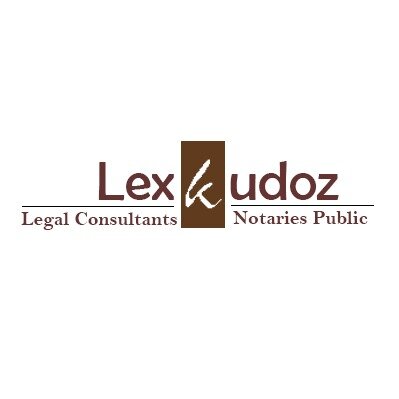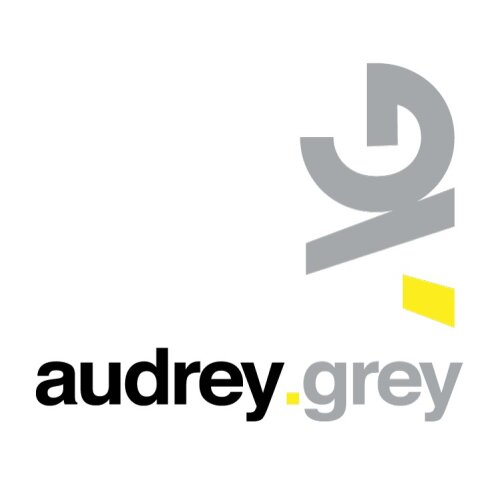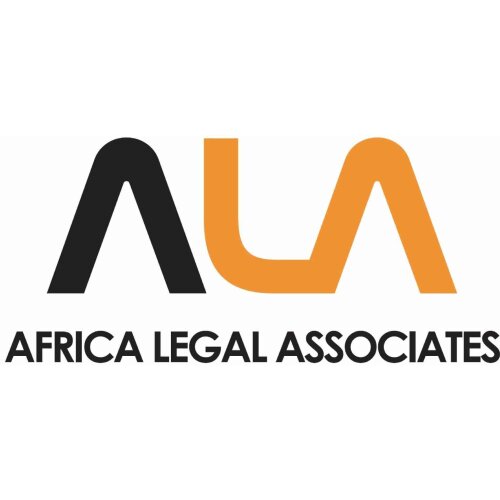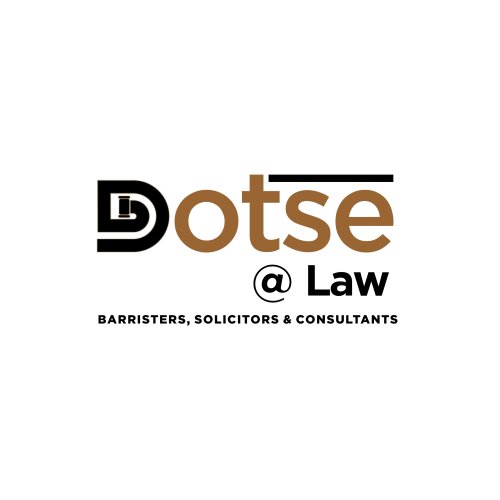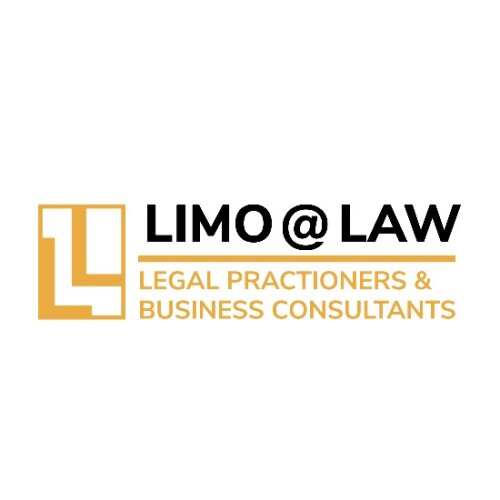Best Creditor Lawyers in Accra
Share your needs with us, get contacted by law firms.
Free. Takes 2 min.
List of the best lawyers in Accra, Ghana
About Creditor Law in Accra, Ghana
Creditor law in Accra, Ghana, is an essential aspect of the legal system, designed to govern the relationship between creditors and debtors and ensure fair and ethical treatment for both parties. The legal framework provides mechanisms for creditors to recover debts while also protecting the rights of debtors. This involves regulations surrounding lending practices, debt recovery procedures, bankruptcy, and insolvency. Understanding creditor law is crucial for individuals and businesses engaged in financial transactions, as it helps in navigating the complexities of credit agreements and financial disputes.
Why You May Need a Lawyer
There are several situations where you might require the assistance of a lawyer specializing in creditor law in Accra:
- Debt Collection: If you are a creditor facing challenges in recovering debts from individuals or businesses, a lawyer can help you navigate legal processes effectively.
- Bankruptcy Proceedings: If a debtor is insolvent, legal assistance can ensure proper proceedings and protect creditor interests while complying with local laws.
- Contract Disputes: Legal help can be invaluable in resolving disputes relating to credit agreements or loan contracts to protect your financial interests.
- Debt Restructuring: Lawyers can offer guidance on restructuring debts to prevent financial losses or to help manage cash flow effectively.
- Fraud or Unfair Practices: Legal expertise may be needed if you suspect any fraudulent activities or unfair practices in the debtor-creditor relationship.
Local Laws Overview
The legal landscape in Accra, Ghana, concerning creditor law is rooted in various statutes and regulations. Key aspects include:
- Credit Agreements: Agreements must comply with the Borrowers and Lenders Act, which outlines permissible lending practices.
- Debt Recovery: The process is governed by the Courts Act and related procedural rules; enforcement may involve attaining court judgments.
- Bankruptcy and Insolvency Act: This act provides a framework for managing the assets of insolvent debtors to satisfy creditor claims in an orderly manner.
- Consumer Protection: The Consumer Protection Act includes provisions to guard against abusive lending and collection practices.
- Security Interests: Codified under the Companies Act, these laws manage how secured interests and collateral can be handled in debt recovery.
Frequently Asked Questions
What is the first step in recovering a debt legally?
The first step involves issuing a demand letter to the debtor, specifying the amount owed and a request for payment. If this fails, you may proceed to file a lawsuit.
How does the bankruptcy process in Ghana affect creditors?
During bankruptcy, creditors are usually required to submit claims, and these are addressed in line with laws that prioritize secured creditors, followed by unsecured creditors.
Is there a statute of limitations on debt collection in Ghana?
Yes, typically the statute of limitations for initiating debt recovery claims is six years from the date the debt becomes due.
Can a creditor garnish wages in Ghana?
Wage garnishment is permissible, but it requires obtaining a court order. The debtor's consent or a legal judgment is necessary to proceed with garnishment.
Are interest rates regulated in Accra?
Interest rates are indeed regulated. The Borrowers and Lenders Act sets maximum permissible rates, and any rate above this may be deemed illegal.
What happens if a debtor disputes a debt claim?
If a debtor disputes a claim, the case may need to be resolved in court where evidence from both parties will be considered to reach a decision.
How can I secure my interests when lending money?
To secure interests, ensure proper documentation of the loan agreement, encompassing collateral security if applicable, and register the security interest as required by law.
What are my options if the debtor is unable to pay?
If a debtor cannot pay, options include negotiating a repayment plan, restructuring the debt, or pursuing insolvency proceedings if applicable.
Does the law protect against predatory lending practices?
Yes, the Consumer Protection Act includes measures to protect borrowers from predatory lending by prohibiting unfair or deceitful practices.
Can legal action be taken against debt collectors for harassment?
Yes, debtors can take legal action against collectors for harassment under the provisions of the Consumer Protection Act and related regulations.
Additional Resources
Beside seeking legal counsel, several resources and organizations can help those dealing with creditor-related issues in Accra:
- Registrar General's Department: Handles matters concerning insolvency and company registration.
- Bank of Ghana: Sets regulations concerning lenders and banking practices.
- Consumer Protection Agency: Provides information and resources for consumer rights protection.
- Ghana Bar Association: Can assist in finding legal practitioners specializing in creditor law.
Next Steps
If you need legal assistance regarding creditor issues, consider the following steps:
- Consult a Lawyer: Engage a lawyer who specializes in creditor law to gain an understanding of your legal standing and options.
- Document Everything: Ensure all communications, agreements, and disputes are well-documented, as this will be critical for legal proceedings.
- Evaluate the Situation: Assess the financial standing of the debtor and the feasibility of debt recovery before proceeding further.
- Understand Your Rights: Familiarize yourself with local laws and regulations to make informed decisions throughout the process.
- Follow Legal Procedures: Ensure adherence to legal procedures to enhance the likelihood of a favorable outcome.
Taking these steps will help navigate the often complex terrain of creditor law effectively and efficiently.
Lawzana helps you find the best lawyers and law firms in Accra through a curated and pre-screened list of qualified legal professionals. Our platform offers rankings and detailed profiles of attorneys and law firms, allowing you to compare based on practice areas, including Creditor, experience, and client feedback.
Each profile includes a description of the firm's areas of practice, client reviews, team members and partners, year of establishment, spoken languages, office locations, contact information, social media presence, and any published articles or resources. Most firms on our platform speak English and are experienced in both local and international legal matters.
Get a quote from top-rated law firms in Accra, Ghana — quickly, securely, and without unnecessary hassle.
Disclaimer:
The information provided on this page is for general informational purposes only and does not constitute legal advice. While we strive to ensure the accuracy and relevance of the content, legal information may change over time, and interpretations of the law can vary. You should always consult with a qualified legal professional for advice specific to your situation.
We disclaim all liability for actions taken or not taken based on the content of this page. If you believe any information is incorrect or outdated, please contact us, and we will review and update it where appropriate.





